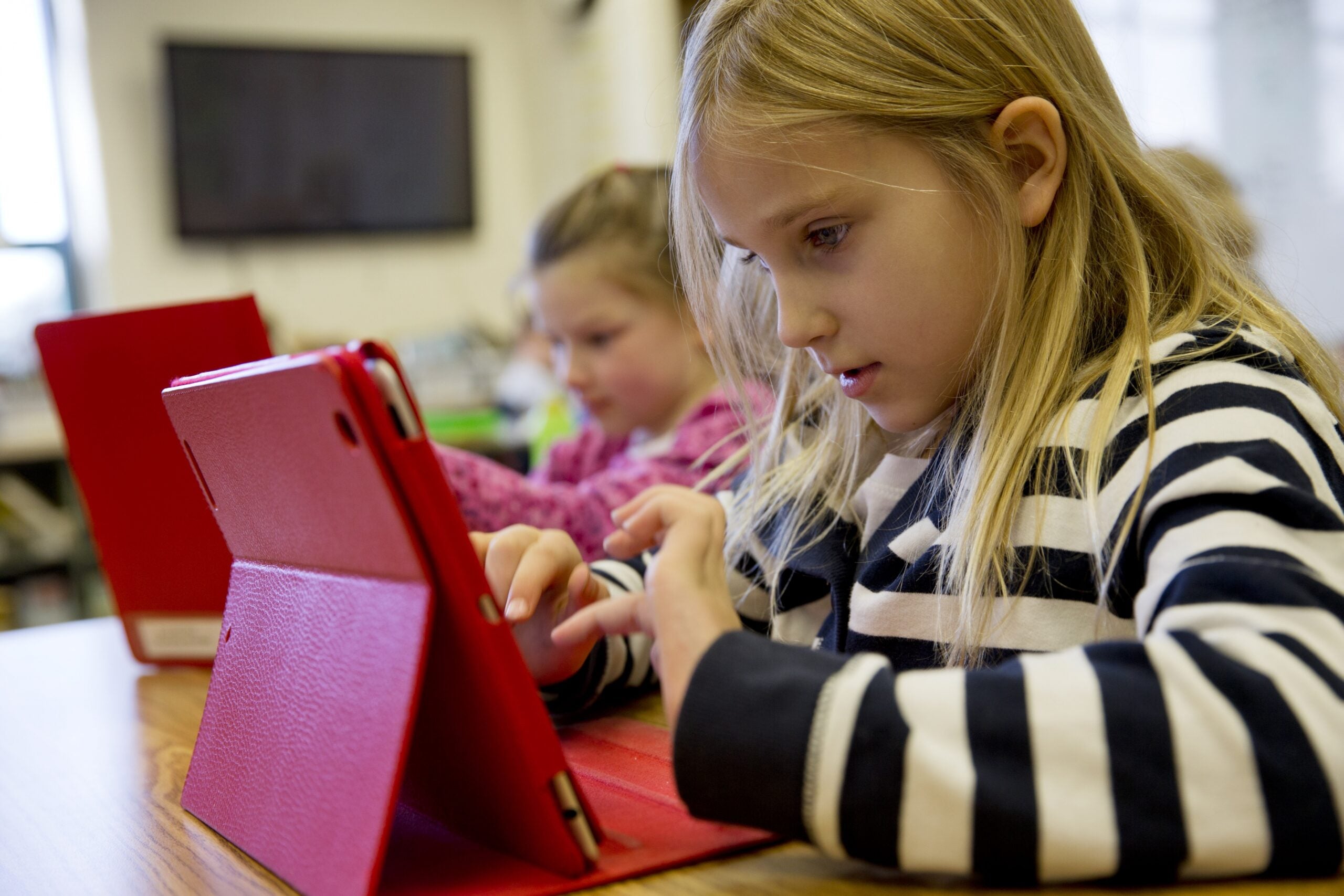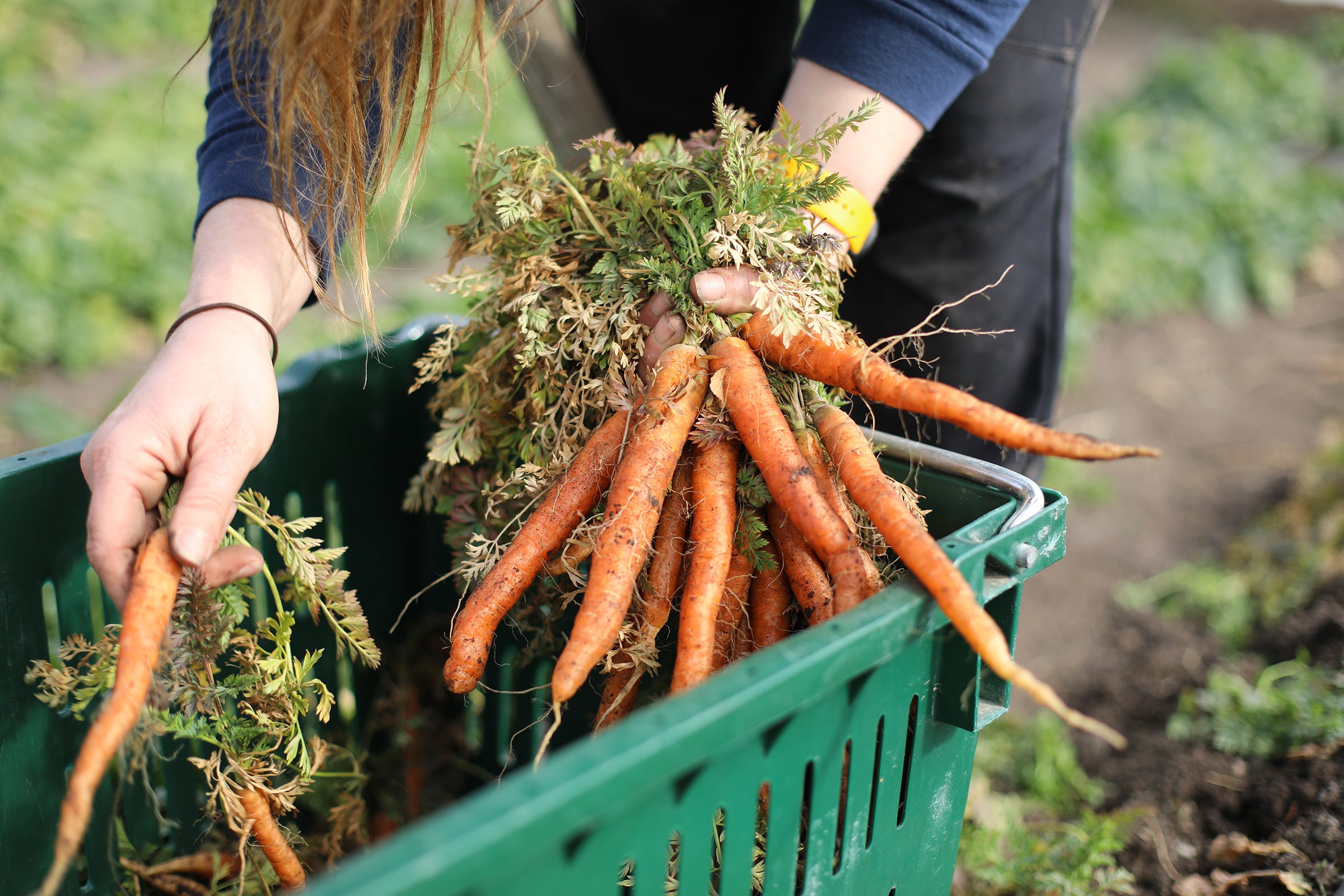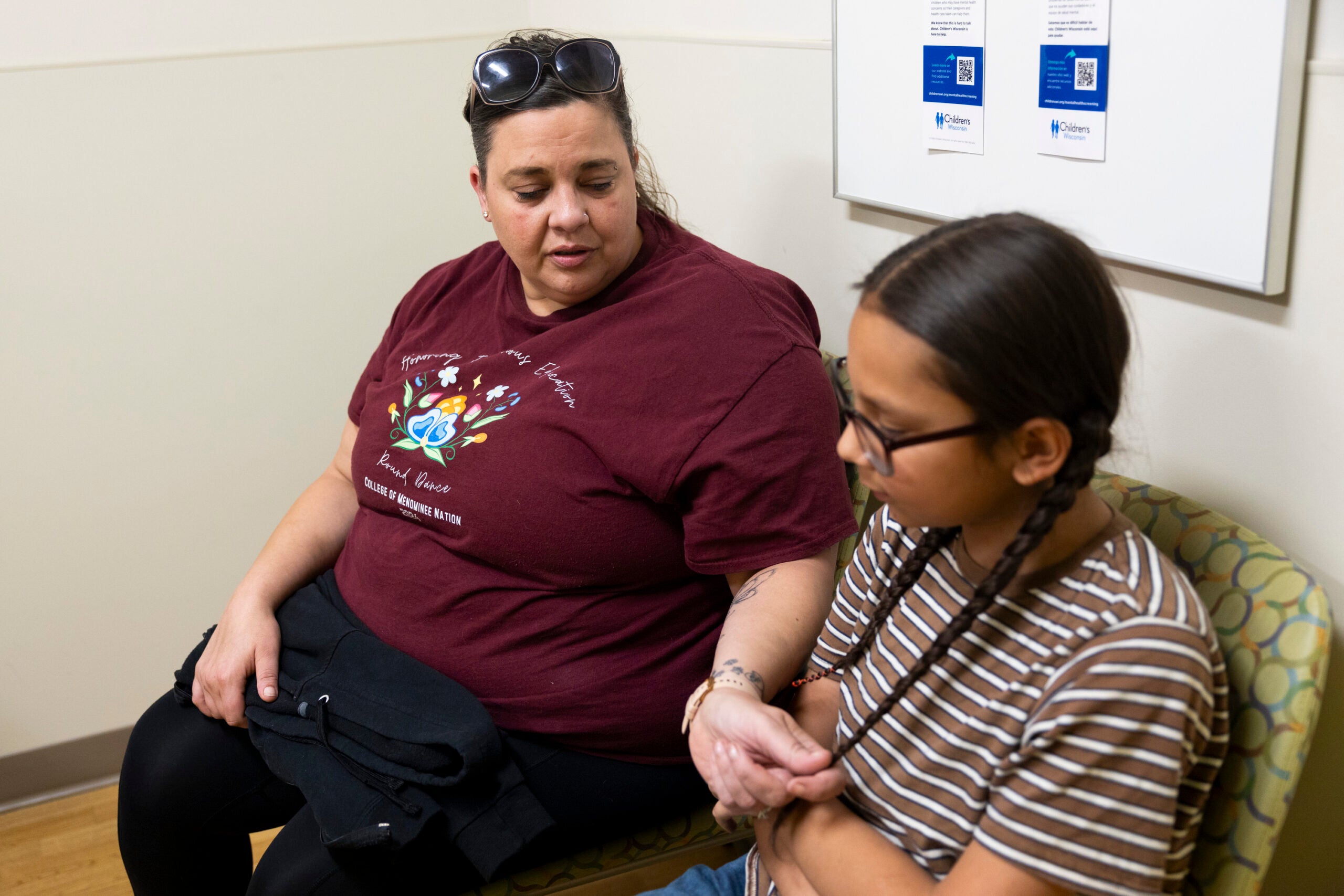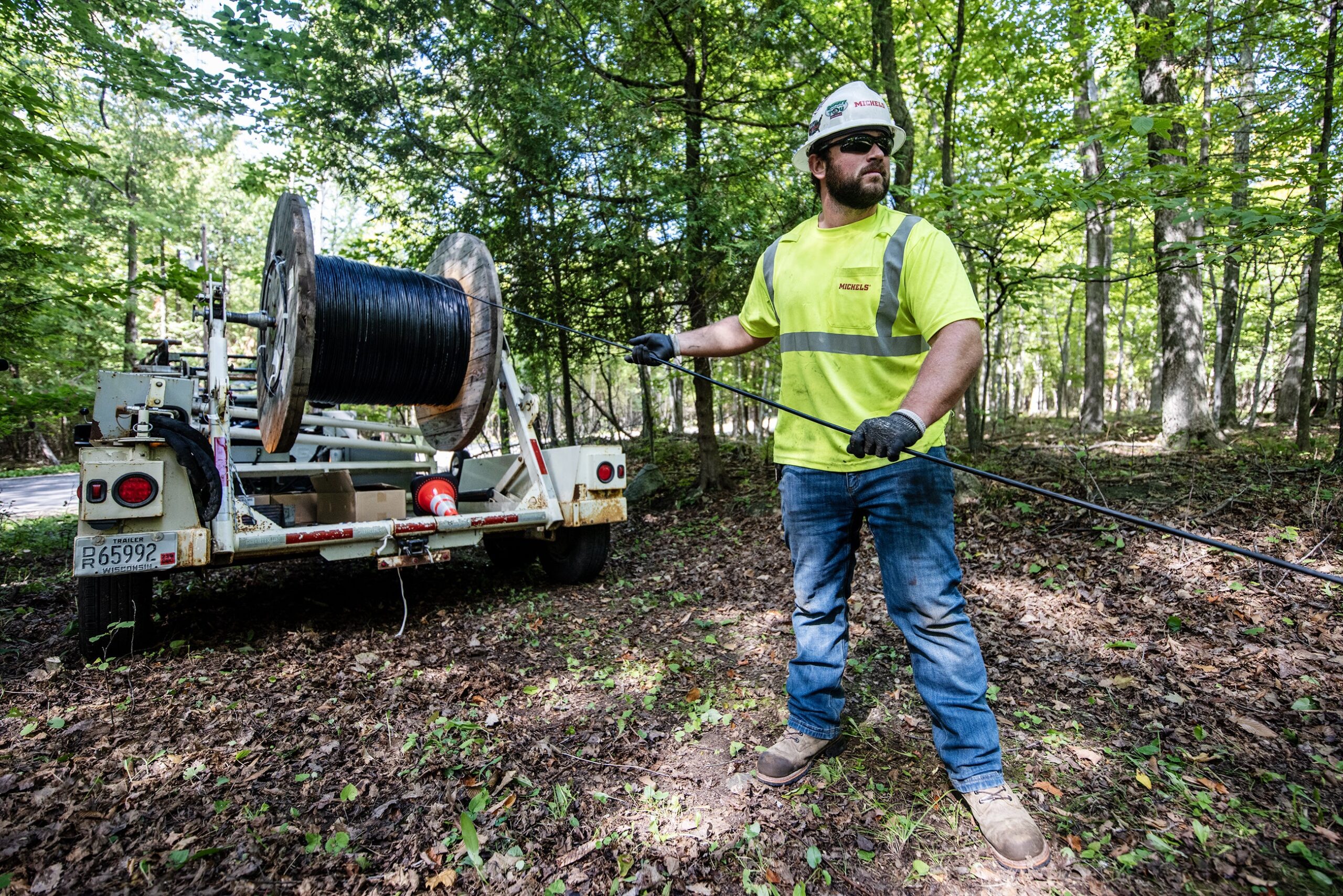In rural Marathon County, there’s a new gathering place for a time of social distancing: The library parking lot.
It’s not a place for direct socializing. But for some rural residents, the wifi hotspots that libraries provide are a lifeline to news, virtual school lessons and social connections.
Stay informed on the latest news
Sign up for WPR’s email newsletter.
Stacey Botsford lives about 5 miles north of Athens, where she and her husband run the organic farm Red Door Family Farm.
“We happen to be in the Bermuda Triangle of internet service,” Botsford said. “There’s no amount of money we could pay to get internet at our house.”
That means the Marathon County Public Library in Athens is the nearest place with a reliable wireless internet signal. And with school closed as a public health measure to try to slow the spread of COVID-19, Botsford’s 7-year-old daughter now has daily e-learning assignments that require internet access.
The family has long had a habit of traveling to the library to download shows on Netflix or maintain the farm’s website. Now it’s an educational necessity, too.
“We’ll go and sit in front of the library and either download something or let (our daughter) do one of her lessons,” Botsford said. “We use it as a break.”
She said it’s not uncommon to see other families doing the same thing, or high school students there to work on assignments or use social media.
As recently as last year, the library’s wifi was only available during the library’s limited hours. Often the Botsfords would drive there on a Sunday, when the library was always closed, in the hopes that staffers would have forgotten to turn the wireless signal off.
At the behest of rural families, in May the Marathon County Library Board decided to try leaving the signal on even when the library is closed. Now that the libraries are all closed, it’s meant that these families haven’t lost their ability to connect.
“It’s a critical lifeline right now,” said Ralph Illick, the library director. “And I hope for the sake of the communities, policymakers and decision-makers are getting a good look at where we could improve things.”
At Red Door Family Farm, the Botsfords are planting kale, spinach and other crops in their hoop houses. It’s the beginning of their busy time. Like tens of thousands of other parents around the state right now, they’re trying to balance the demands of homeschooling and providing activities for their 7- and 4-year-old daughters with the need to do full-time work. And much of the time, Botsford loves where they live.
“We’re so lucky to be out here, especially on a sunny day,” she said. “We have so much space that I can just kick my kids outside. I’ve been thinking a lot about the kids in the cities (during the COVID-19 response). … I can’t imagine what those kids are doing.”
But it’s also a time when being disconnected from the high-speed internet is taking a toll. Efforts to extend high-speed services to rural communities have been discussed by the Marathon County Board for at least a decade.
Botsford said the library parking lot is far from a perfect solution to the broader problem of Wisconsin’s lack of rural internet connectivity.
“It’s a Band-Aid to a much bigger problem,” she said. “But that’s what we’re doing right now.”
Wisconsin Public Radio, © Copyright 2025, Board of Regents of the University of Wisconsin System and Wisconsin Educational Communications Board.



